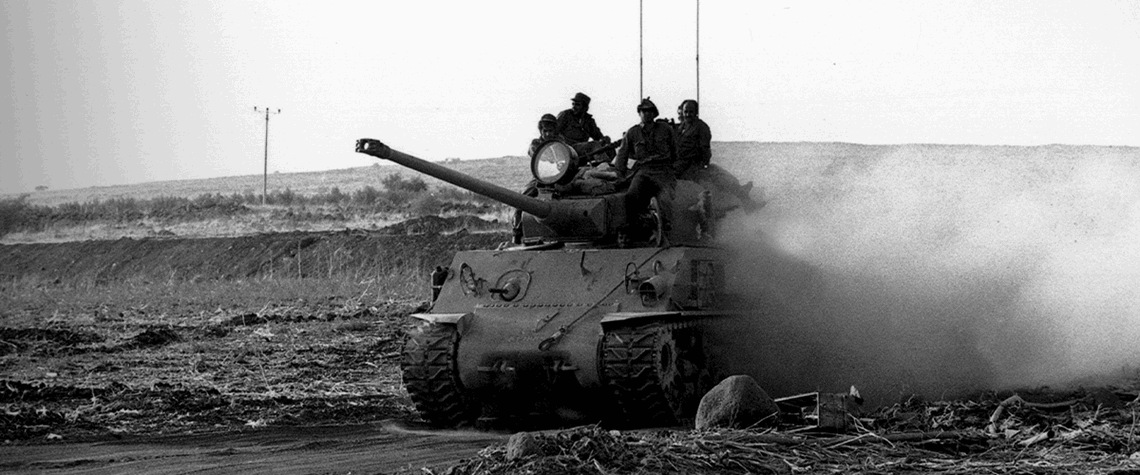How the Yom Kippur war changed OPEC
Half a century after the 1973 conflict, the world is dramatically different. But OPEC’s power remains
October will see the 50th anniversary of the Yom Kippur War, which resulted in an Israeli victory against Egypt, Syria and other Arab forces. As well as being an important event geopolitically, the fallout from the conflict profoundly changed oil markets by giving a new lease of life to the previously inert OPEC. Everything in the oil markets changed at the end of 1973, but 50 years later, OPEC is still powerful. Since 1973, the global economic balance of power has shifted eastwards following the rise of Asian economies, particularly China and, more recently, India. The OECD countries had a 69% share of global GDP in 1973; by 2022 this was down to 39%. The Soviet Union collapsed in 1991 and

Also in this section
26 April 2024
While the US has been breaking records for its premium grade crude, there are doubts over whether you can have too much of a good thing
26 April 2024
Slowing demand growth and capacity expansions will squeeze refiners in coming years
25 April 2024
Some companies with assets in Israel have turned towards Egypt as tensions escalate, but others are holding firm despite rising tensions
24 April 2024
But even planned exploration activity is unlikely to reverse declining output from mature fields







